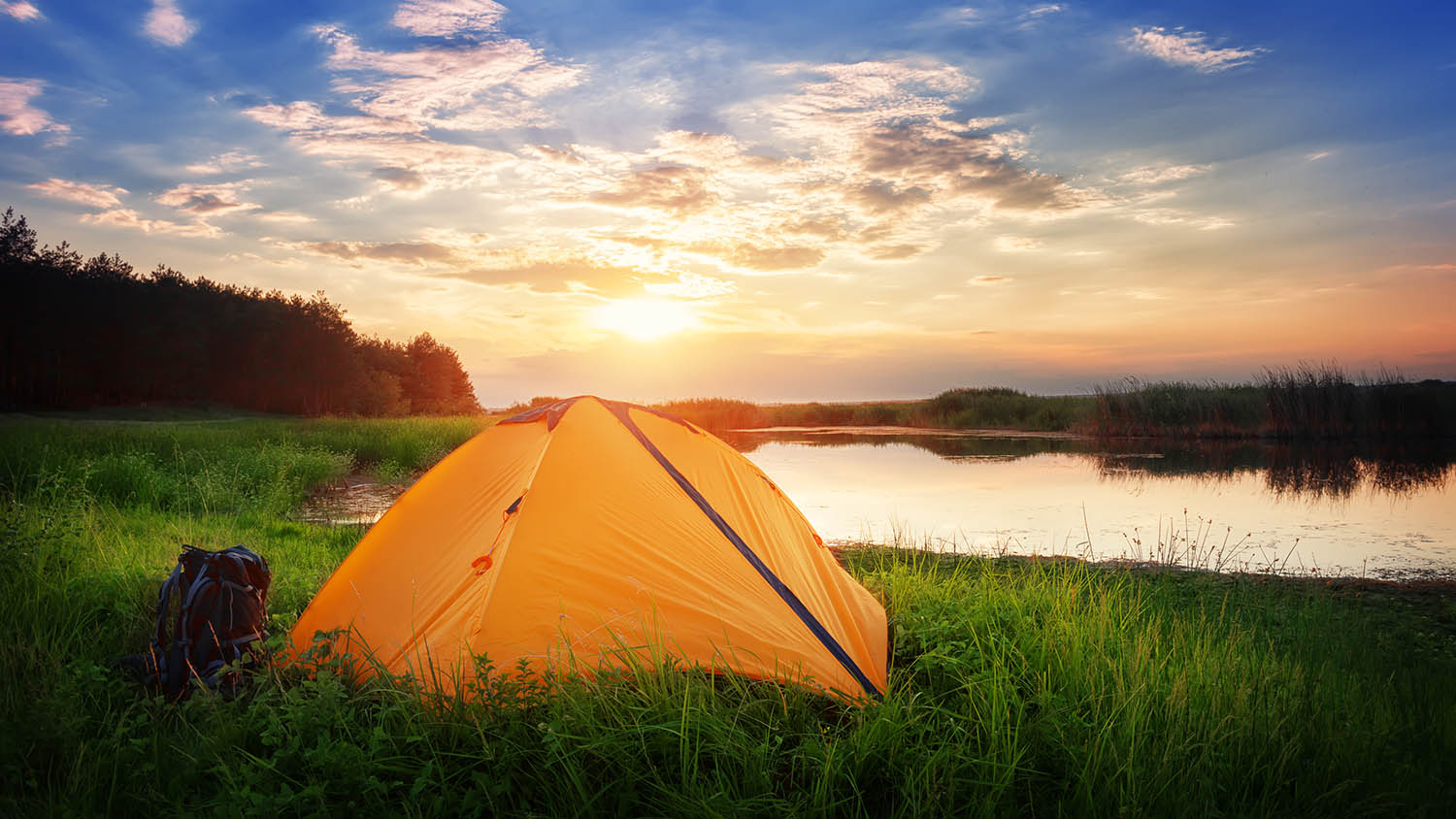Your Therapist Wants You to Go Outside

Spending time in nature—even as little as 10 minutes—can yield short-term benefits for adults with mental illness, according to a new study published in the peer-reviewed journal Ecopsychology. The new meta-analysis examined 30 years of published research on the social, mental, and physical health effects of exposure to nature, including urban nature.
Numerous studies have shown that spending time in nature reduces stress, improves thinking, and boosts one’s mood.
 “We know nature plays an important role in human health, but behavioral health and
health care providers often neglect to think about it as an intervention,” said Joanna Bettmann, a professor at the University of Utah College of Social Work and lead author on
the study. “We set out to distill some evidence-based guidance for those providers.”
“We know nature plays an important role in human health, but behavioral health and
health care providers often neglect to think about it as an intervention,” said Joanna Bettmann, a professor at the University of Utah College of Social Work and lead author on
the study. “We set out to distill some evidence-based guidance for those providers.”
From 14,168 studies that met their initial search criteria, Bettmann and her multidisciplinary research team carefully narrowed their analysis to focus on 45 studies, of which, 18 were randomized. The meta-analysis’ studies included a total of 1,492 adult participants with a diagnosed mental illness. Some of the examined experiences included structured therapeutic interventions, while some involved nature experiences alone.
The amount of time study participants spent in nature varied from study to study; some participants spent as little as 10 minutes in a city park, while others spent multiple days in immersive wilderness experiences. Some of the included studies utilized interval exposure to nature; shorter time periods, several times a week or a month. Others used longer periods of continuous, immersive nature exposure. Yet, different durations and patterns of nature exposure all produced positive results.
“Ten minutes in urban nature is far less intimidating, expensive and time-consuming for people who do not have the time, resources, interest, community support, or equipment to venture into wilderness for days or weeks,” wrote the authors.
The analysis also indicated that water-based outdoor spaces—rivers, lakes, oceans—and camping, farming, and gardening activities had the greatest positive effect. Urban nature, mountains, and forests also offered significant effects. “All of these different types of outdoor spaces delivered positive results, which underscores the importance of preserving green spaces in our natural and built environments,” said Bettmann.
Additionally, regardless of the type of diagnosed mental illness, nature exposure showed statistically significant short-term improvements on mental health symptoms. The positive effects of nature appeared even greater for those participants diagnosed with mood disorders, such as depression or bipolar disorder.
According to the World Health Organization, one in eight people has some form of mental illness, notes the analysis. The cost of mental illness on overall quality of life, as well as its economic impact, makes it important to identify and promote affordable and accessible mental health supports outside of conventional facilities.
“Going for a short walk or taking a camping trip should not necessarily be thought
of as a replacement for other therapeutic or clinical interventions,” cautioned Bettmann.
“Rather, we should consider time in nature as an inexpensive, widely-available resource
to support adults’ mental health and overall well-being.”
